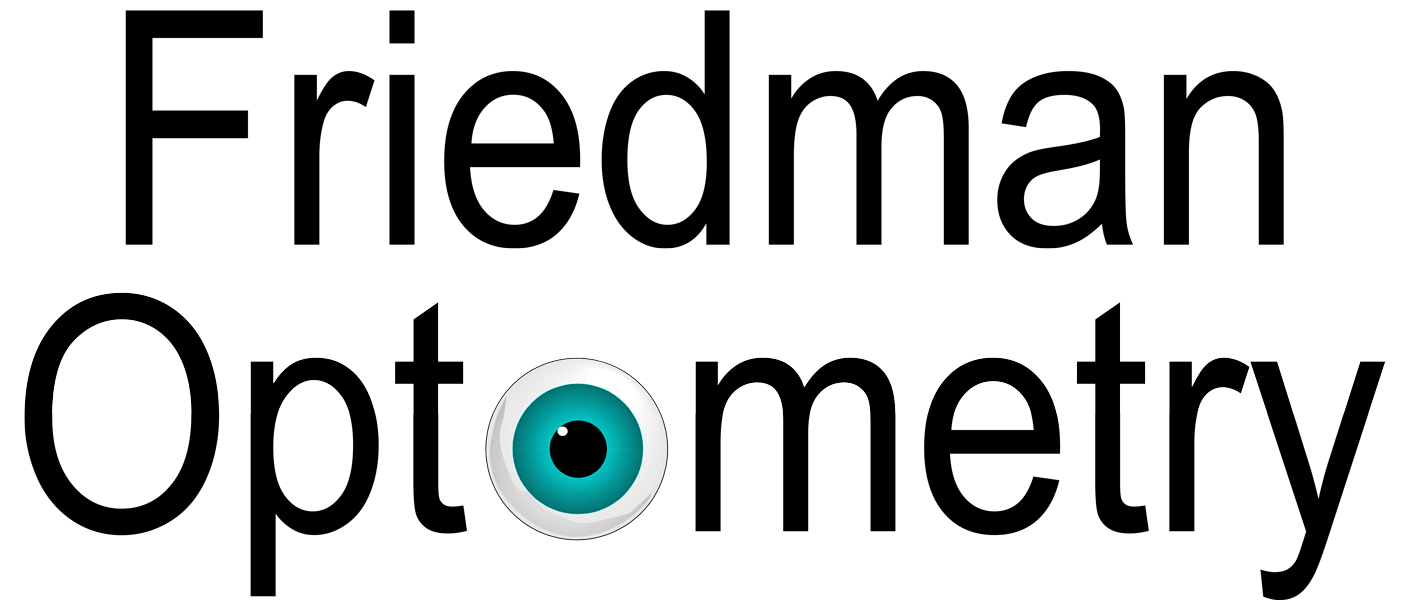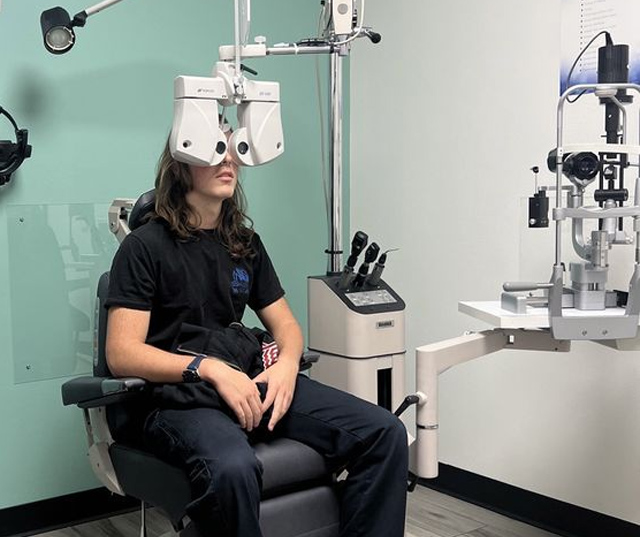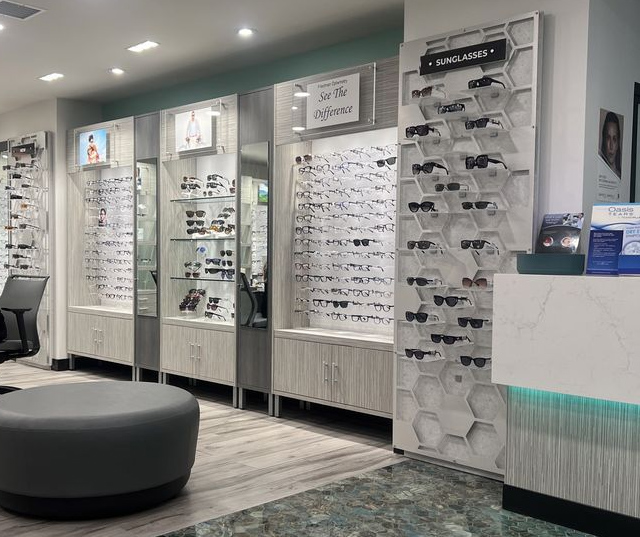Myopia Management
One of the most common vision conditions we see in children today is myopia, also known as nearsightedness. While glasses or contact lenses can correct blurry distance vision, they do not stop myopia from getting worse over time. At Friedman Optometry, our goal is to help slow the progression of myopia so your child can enjoy better vision now and reduce their risk of serious eye health issues in the future.
What Is Myopia?
Myopia is a common vision condition where distant objects appear blurry while close-up vision remains clear. It occurs when the eye grows too long or the cornea has too much curvature, causing light to focus in front of the retina instead of directly on it. In recent years, myopia has become increasingly common among children. Factors such as genetics, increased screen time, and less time spent outdoors contribute to this rising trend.
Children with uncorrected or worsening myopia may have difficulty seeing the board, reading from a distance, or participating fully in activities. These challenges can lead to frustration, decreased attention, and lower academic performance. In some cases, children may not even realize their vision is compromised, assuming that what they see is “normal.”
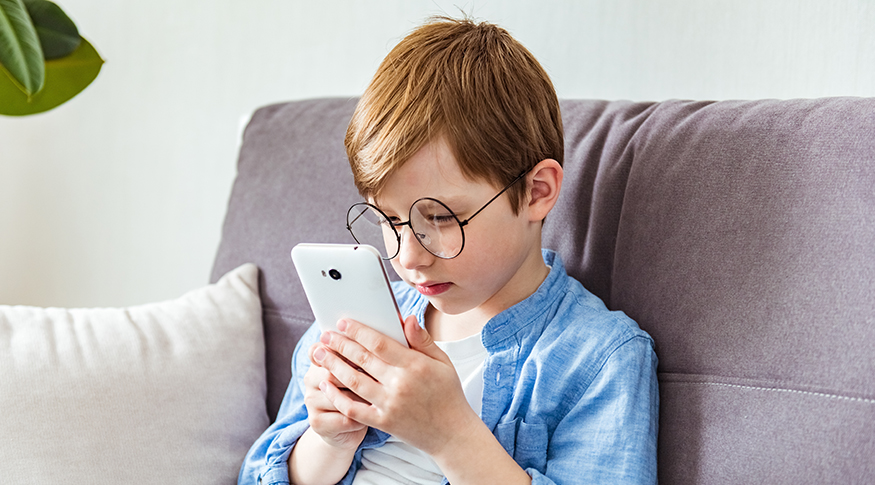
Recognizing the Signs of Myopia in Children
Parents should watch for signs that may indicate a child is struggling with myopia, including:
Squinting when looking at distant objects
Sitting too close to the TV or holding books very close
Frequent eye rubbing or headaches
Difficulty seeing the board at school
Declining performance in subjects that require clear distance vision
If you notice any of these symptoms, scheduling a comprehensive eye exam is the next step.
The Importance of Regular Pediatric Eye Exams
Even if your child seems to see well, routine pediatric eye exams are crucial. Myopia can develop gradually, and children may adapt to changes without realizing their vision is impaired. Early detection allows for timely intervention, helping to slow progression and protect long-term eye health. Regular monitoring also ensures that any treatment plan is working effectively.
In addition, we utilize Topcon Myah technology to measure the axial length of the eye. This advanced tool allows us to track eye growth over time and monitor the positive impact of myopia management treatments, giving parents peace of mind that their child’s care is both precise and effective.
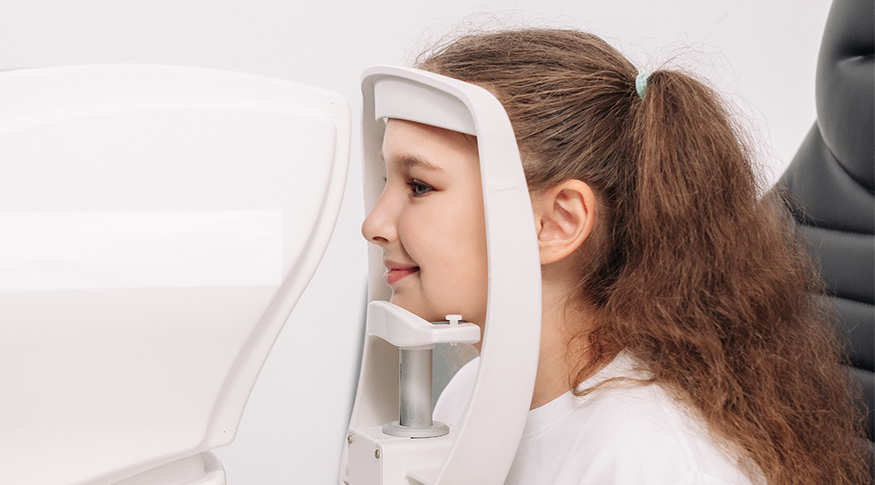
What is Myopia Management and Why Is It Important?
Myopia management refers to a series of treatments designed to slow the progression of nearsightedness in children. This is important because higher levels of myopia are strongly associated with an increased risk of serious eye conditions later in life, including:
Retinal detachment
Glaucoma
Cataracts
Myopic macular degeneration
By slowing myopia progression, we can help preserve vision and reduce these risks.
Myopia Management Treatment Options
At Friedman Optometry, we offer several evidence-based myopia control treatments, including:
MiSight® 1 Day Contact Lenses - FDA-approved daily disposable contact lenses specifically designed for myopia control in children. MiSight is one of the leading treatment options and has been clinically proven to slow the progression of myopia.
Orthokeratology (Ortho-K) - Specially designed contact lenses worn overnight that gently reshape the cornea. They provide clear vision during the day without glasses or contacts while also slowing myopia progression.
Low-Dose Atropine Eye Drops - These prescription drops, used at bedtime, can significantly slow myopia progression without affecting daily vision.
Take the Next Step in Protecting Your Child’s Vision
Myopia is a progressive condition that can impact your child’s learning, daily activities, and long-term eye health. With advanced myopia management strategies and state-of-the-art technology, we can help protect your child’s vision so they can see clearly, excel in school, and enjoy life without limitations.
If your child is showing signs of nearsightedness, contact Friedman Optometry today to schedule a pediatric eye exam and learn more about our myopia management options.
